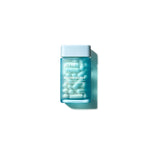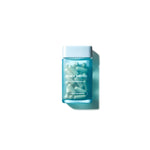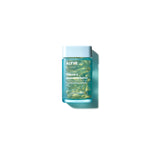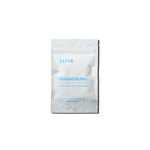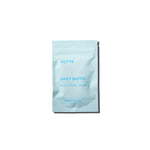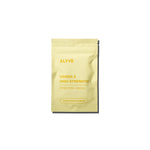Omega-3 fatty acids are vital for our well-being, known for their brain-boosting and heart-healthy benefits. But when it comes to how we should incorporate these fats into our diets, there’s a bit of a debate: Should we stick to eating fish, or are supplements a better option? Let’s dive into the pros and cons of each to help you decide what’s best for your health.
Understanding Omega-3 Fatty Acids
Omega-3s are a group of polyunsaturated fats essential for our health, including:
• ALA (alpha-linolenic acid): Mainly found in plant sources like flaxseeds, chia seeds, and walnuts.
• EPA (eicosapentaenoic acid) and DHA (docosahexaenoic acid): These are the gold standards for omega-3s and are found in marine sources like fatty fish and algae.
EPA and DHA are particularly celebrated for their roles in reducing inflammation, supporting heart health, and boosting brain function.
The Case for Eating Fish
Nutrient-Rich: Fish isn’t just a vehicle for omega-3s; it’s packed with protein, vitamin D, selenium, and iodine. These are all nutrients that contribute to a heart-healthy diet, mental wellness, and reduced risk of chronic diseases.
Bioavailability: The omega-3s in fish are in the form of EPA and DHA, which are directly used by the body. This means the body can easily absorb these nutrients without needing to convert them, making fish a superior source.
Culinary Experience: Let’s not forget that eating fish can be a delicious way to add variety to your meals. It’s a chance to explore different cuisines and enjoy a balanced diet.
The Case for Supplements
Purity and Concentration: Supplements such as fish oil or algal oil can offer high doses of EPA and DHA and are often purified to remove contaminants like mercury. This is especially important for higher-risk fish that may carry toxins.
Convenience: Not everyone is a fan of fish, and not everyone has access to fresh, sustainable seafood. Supplements can be a practical alternative, ensuring you still get your omega-3s without having to adjust your palate or find a fish market.
Vegan Options: For those who follow a plant-based diet, algal supplements are a fantastic source of EPA and DHA, making vegan-friendly omega-3s accessible to everyone.
Omega-3 Supplements vs. Eating Fish: What’s the Verdict?
While both options have their merits, consuming fish is generally the preferred choice for most people. It provides a broader range of nutrients and the omega-3s are in a form that your body can use more readily. However, if you’re vegan, allergic, or simply not a fan of fish, supplements are an excellent back-up plan. They ensure that you still receive these crucial nutrients in a form that suits your dietary needs.
Conclusion
Integrating fish into your diet a couple of times a week is a great way to soak up omega-3s along with a plethora of other beneficial nutrients. But if fish isn’t on your menu, then omega-3 supplements are a necessary and useful substitute. As always, discuss with your healthcare provider to tailor the right intake of omega-3s to your specific health requirements, ensuring you reap all the benefits these essential nutrients offer.
